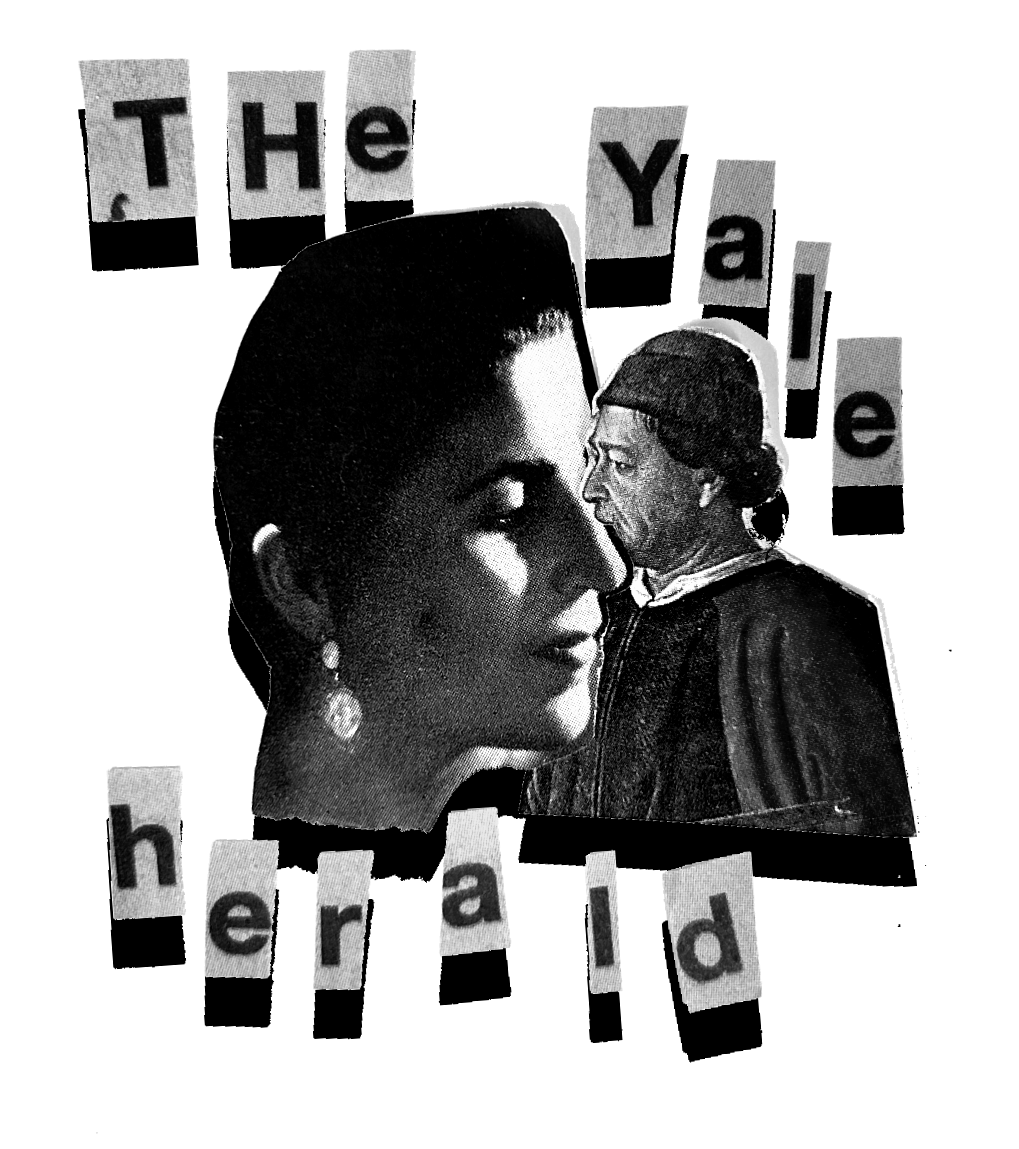In 1886, Eleanor Marx published the first complete English translation of Gustave Flaubert’s Madame Bovary. (The version begun by Juliet Herbert, Flaubert’s lover, is lost.) A half-century later, Vladimir Nabokov used Marx’s translation as a literature professor at Wellesley and Cornell. Always a pedant, he kept a list of “mistranslated words” in the margins of his lecture notes. In the postscript to his collected lectures, Nabokov gave some prescient advice: “The novels we have imbibed will not teach you anything that you can apply to any obvious problems of life.”
Marx was no fan of moralist tendencies in literature either. She wrote an alternate ending to Henrik Ibsen’s A Doll’s House in which she satirized English critics who were opposed to the supposedly immoral conclusion of the play. (The original ending featured a woman leaving her husband because she felt she did not know enough about the world. It is Marx’s work translating Madame Bovary, however, not championing Ibsen’s plays, that remains her crowning achievement in English letters.
Flaubert’s novel tells the story of Charles Bovary, a small-town doctor, and his wife Emma, a farmer’s daughter. Charles is unobjectionable, unambitious, and a little dull. Emma has always fantasized about love, the kind she reads about in trashy romance novels. She finds the town unbearably monotonous. She takes on two lovers, the young Léon and the seducer Rodolphe. Emma is a daydreamer. Yet she is constantly forced back to reality by her inability to escape the confines of her middle-class life. Her static surroundings satisfy neither her visions of lavish parties nor of urban excitement.
By contrast, Marx lived an active life, flitting between London, Paris, and the United States in support of the socialist cause. She read and wrote prolifically, not to mention her role leading trade unions in England. Her body of work includes literary criticism and socialist tracts like “The Woman Question,” comparing the condition of women to that of the proletariat. Emma dreams of ways to improve her life within existing social constraints; Marx dreamt of revolution.
Marx grew up alongside socialism. When she was young, her father, the philosopher Karl Marx, made a living writing articles for an American abolitionist newspaper, the New-York Daily Tribune. When she was 12, he published Volume I of Das Kapital. Karl told Eleanor stories about the made-up character of Hans Röckle, which were actually “neat allegor[ies] of surplus value, alienation and the workings of capital,” reports biographer Rachel Holmes. (What a childhood!) While traveling abroad with her father, Marx met Hippolyte-Prosper-Olivier Lissagaray, who became her lover of ten years. (What a name!)
On the other hand, Emma and Charles meet when he ventures to her rural farmhouse to treat her father’s injured leg. The circumstances of marriage happen to Emma; she realizes her dissatisfaction with Charles only after the two are married.
Emma and Charles soon have a daughter, Berthe. Berthe disappears into the background of Madame Bovary, resurfacing occasionally to remind us that Emma does not want to be a mother. Emma’s borrowing leaves Berthe penniless and orphaned, working in a “cotton-factory” (per Marx’s translation). Marx wanted children, but never had any. This is because of Edward Aveling, the man with whom she spent the last fourteen years of her short life. Aveling was, like Marx, an active socialist and prolific writer. He was also a profligate spender, a drunkard, serially faithless, and, in the words of George Bernard Shaw, a “homeric borrower.”
British author Julian Barnes called Madame Bovary “the first great shopping and fucking novel.” Emma’s spending ruins her husband, whose only crime is contentment with mediocrity, and herself. Emma cheats on her unsatisfying but (infuriatingly) dutiful husband; Marx stood by her adulterous not-quite-husband, continuing to pay off his debts as fast as he could accrue them. Near the end of her life, she wrote to her friend (and illegitimate half-brother) Freddy Demuth: “I am face to face with a most horrible position: utter ruin—everything, to the last penny, or utter, open disgrace. It is awful; worse than even I fancied it was.”
If Flaubert, the most precise of writers, had intentionally sought to write a novel that cast Eleanor Marx’s life into relief, he could hardly have done any better. Marx, in translating Madame Bovary, faced the task of making Emma her own—she stood athwart the English Channel like some late-industrial Colossus and brought Bovary to England. Did Eleanor find her own struggles in the pages of Madame Bovary? They say art imitates life. This is an incomplete assessment. The project of art is to breathe life into a page, a canvas, a cello. Art is full of life.
Emma Bovary commits suicide by drinking arsenic, and the description of her death extends graphically for several pages: among other things, her whole body is covered with brown spots and she begins vomiting blood. Before she dies, she tells Charles Bovary that he has been a faultless husband: “Yes, that is true—you are good—you.” This, Flaubert’s narrator tells us, is Emma “confessing more love for [Charles] than ever.”
One would think that this wrenching conclusion might discourage readers—to say nothing of translators—from attempting suicide. But for Marx, it seems to have only encouraged her to swap out the poison. Eleanor died at age 43 from a mix of hydrogen cyanide and chloroform; she had just heard that Aveling married a young actress whom he had been seeing. Her suicide note to him read: “My last word to you is the same that I have said during all these long, sad years—love.” In his lecture on Madame Bovary, Nabokov said, “The girl Emma Bovary never existed: the book Madame Bovary shall exist forever and ever. A book lives longer than a girl.” The girl in the book never existed; the woman who translated it did. And if the book Madame Bovary is eternal, we owe it as Anglophones to Eleanor Marx, who loved and sorrowed alongside Emma—and did plenty more besides.




